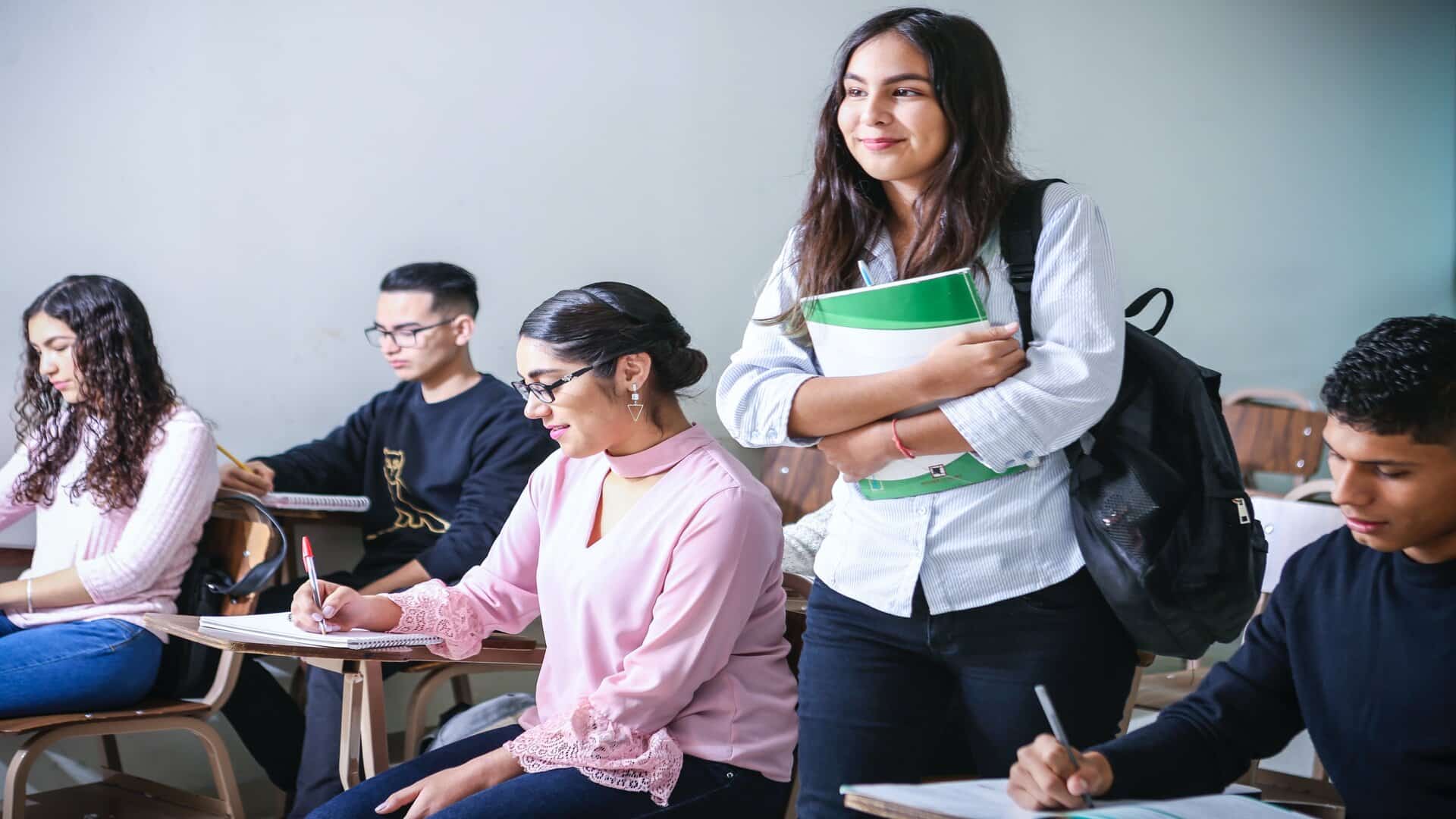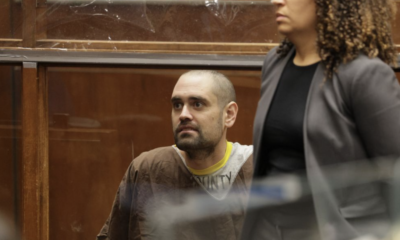Education
Proportion of rural students fell significantly in Tamil Nadu after introduction of NEET: Panel’s Findings
A government appointed committee has found that the proportion of students from rural areas, economically weaker backgrounds, Tamil-medium schools and state board affiliated schools in Tamil Nadu’s medical colleges decreased significantly after NEET was introduced in 2017-18.
NEET, following a Supreme Court ruling, is the only single-window examination for entry into any medical school in India. This order came into effect from the academic session 2017-18. Before NEET, admission to medical colleges in Tamil Nadu was mainly based on board marks.
The nine-member panel, which assessed the impact of NEET on medical admissions, found that the proportion of rural students fell an average of 61.45% (pre-NEET) to 50.81% (post-NEET). On average, government school students made up 1.12% of the first-year MBBS batch in Tamil Nadu pre-NEET, but dropped to 0.16% post-NEET (unreserved seats). The state government, in 2020, introduced a 7.5% horizontal reservation for state run school students.
According to the committee’s report, the share of English-medium school students in medical colleges has increased from 85.12% to 98.01% since NEET, and as such Tamil-medium school students now make up just 1.99% down from 14.88% four years ago. The report highlighted that students from CBSE-affiliated schools benefited more than state board students. It said 98.23% students getting into medical colleges, before NEET, were from state board schools, and less than 1% were from CBSE affiliated schools.
It is apparent that NEET is not a fair or equitable method of admission since it favors the rich and elite section of the society. Moreover, the standard of medical education is in no way diluted or affected merely by dispensing with the common entrance examination.
Tamil Nadu CM introduces Bill to bypass NEET
Keeping in mind the grievances of MBBS aspirants and those having committed suicide, the Tamil Nadu assembly has passed a bill to bypass NEET. It allows admissions to be made based on marks obtained by students in Class XII or Plus Two.
This comes following the death by suicide of 17-year-old from Sathampadi village in Ariyalur district. She had taken the NEET on September 11, and was depressed about her performance. This was the second incident in three days; a 20-year-old who was to sit for NEET for a third time committed suicide on the day of the exam. According to PTI, at least 15 NEET aspirants have died by suicide in Tamil Nadu.
Also Read: India may resume COVID-19 vaccines exports soon, mainly to Africa
Tamil Nadu chief minister MK Stalin said the state is empowering to regulate medical admission according to the constitution’s 8th Schedule, List III and Entry 25. “As a result of this government’s and other parties’ legal struggle in the state, we scripted history by getting 27% reservation for OBC’s in all India quotas. In the NEET issue too, MLAs of all parties should help pass the Bill unanimously to script history in social justice.”
According to NDTV, the Bill which was introduced in the House based on the panel’s report, recommended that the state government may undertake immediate steps to eliminate NEET from being used in admission to medical programmes at all levels by following the required legal or legislative procedures.








































Pingback: BharatAgri has raised USD 6.5 million in a Series A round led by Omnivore